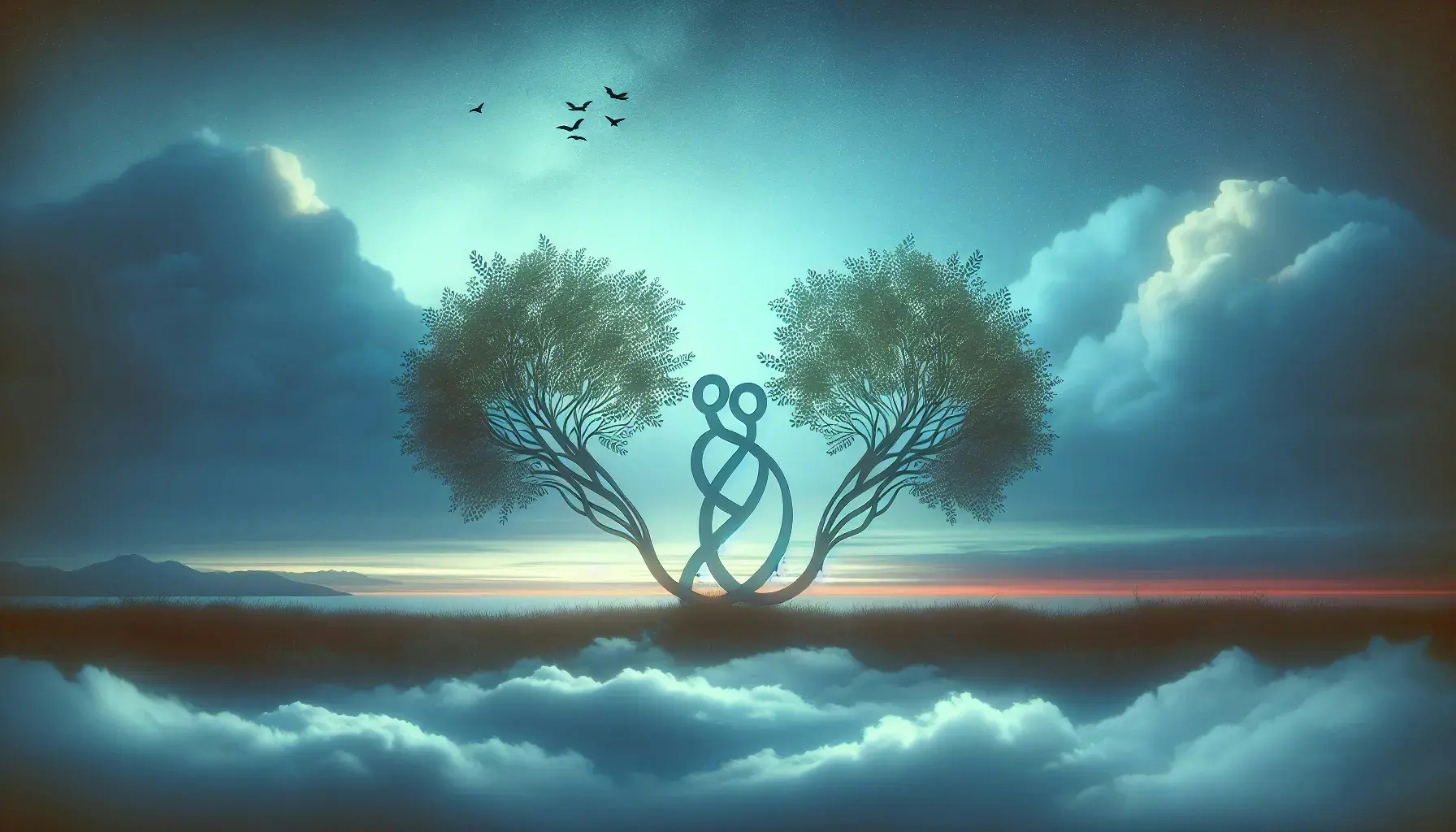Relationships, like the individuals in them, are complex and multifaceted. They require constant nurturing, understanding, and compromise. However, there are times when these efforts may not suffice, leading to persistent issues. This blog post aims to guide you in recognizing when it's time to seek professional help in the form of relationship therapy.
Understanding Relationship Therapy
Relationship therapy, also known as couples therapy, is a type of psychotherapy that helps couples recognize and resolve conflicts to improve their relationship. Therapists use a variety of therapeutic interventions to help couples develop tools to communicate better, negotiate differences, problem-solve, and even argue in a healthier way.
Often, couples seek therapy when their relationship is in crisis. However, relationship therapy is not just for couples in dire straits. Many couples seek therapy to strengthen their bonds and gain a better understanding of each other. Therapy can also help couples decide if they should continue staying together.
Remember, every relationship has ups and downs. It's normal to have arguments and disagreements. However, when these conflicts start to affect your mental health or the quality of your relationship, it might be time to consider seeking professional help.
Signs You May Need Relationship Therapy
Recognizing when you need help is the first step towards improving your relationship. Here are some signs that you might need relationship therapy:
1. Communication has become negative: This includes any communication that leaves one partner feeling depressed, insecure, disregarded, or wanting to withdraw from the conversation.
2. Affection is withheld as punishment: Your relationship is in a punitive cycle where one or both of you withhold affection to punish each other.
3. You see your partner as an antagonist: You or your partner starts to view each other as the enemy or antagonist.
4. You keep secrets: Both of you have things you don't share or secrets you keep from each other.
5. There's more negative than positive: According to relationship experts, a healthy relationship should have a 5 to 1 ratio of positive to negative interactions. If your relationship does not meet this criterion, it might be time to seek help.
Benefits of Relationship Therapy
Relationship therapy offers numerous benefits. It provides a safe and confidential environment where you can express your feelings without judgment. A therapist can act as a neutral third party who can help you communicate more effectively and find solutions to your problems.
Therapy can also help you understand your partner better. It can help you understand your partner's needs, desires, and communication style. This understanding can lead to a stronger, more fulfilling relationship.
Moreover, therapy can help you resolve conflicts in a healthier way. It can teach you how to communicate your needs without resorting to criticism, contempt, defensiveness, or stonewalling.
Preparing for Relationship Therapy
Once you've decided to seek relationship therapy, it's important to prepare yourself mentally. Understand that therapy is not a quick fix. It requires time, effort, and commitment from both partners.
Choose a therapist who specializes in relationship therapy. Make sure you're comfortable with them, as you'll be sharing personal details about your relationship.
Be open and honest during your sessions. The more honest you are, the more effective the therapy will be. Remember, the therapist is there to help, not to judge.
What to Expect in Relationship Therapy
In relationship therapy, you can expect to discuss the current issues in your relationship. The therapist will ask about your relationship history and how the problems have affected you.
The therapist will help you identify the root causes of your problems and help you develop strategies to resolve them. You'll learn how to communicate effectively, how to negotiate differences, and how to resolve conflicts in a healthy way.
Remember, therapy is not a magic wand that will instantly fix your relationship. It requires effort from both partners. But with time and commitment, it can help you build a stronger, healthier relationship.
The Impact of Not Seeking Help
Ignoring the problems in your relationship won't make them go away. On the contrary, they're likely to get worse. Unresolved issues can lead to resentment, which can further damage your relationship.
Moreover, these issues can affect your mental health. They can lead to stress, anxiety, depression, and other mental health issues.
Seeking help is not a sign of weakness. It's a sign of strength. It shows that you're willing to do whatever it takes to improve your relationship.
Wrapping Up: The Importance of Recognizing When to Seek Relationship Therapy
Relationships are complex, and it's normal to face challenges. However, when these challenges start to affect your relationship and mental health, it's important to seek help. Relationship therapy can provide you with the tools to communicate effectively, resolve conflicts, and strengthen your bond. Remember, seeking help is not a sign of weakness. It's a sign of strength and commitment to your relationship.

